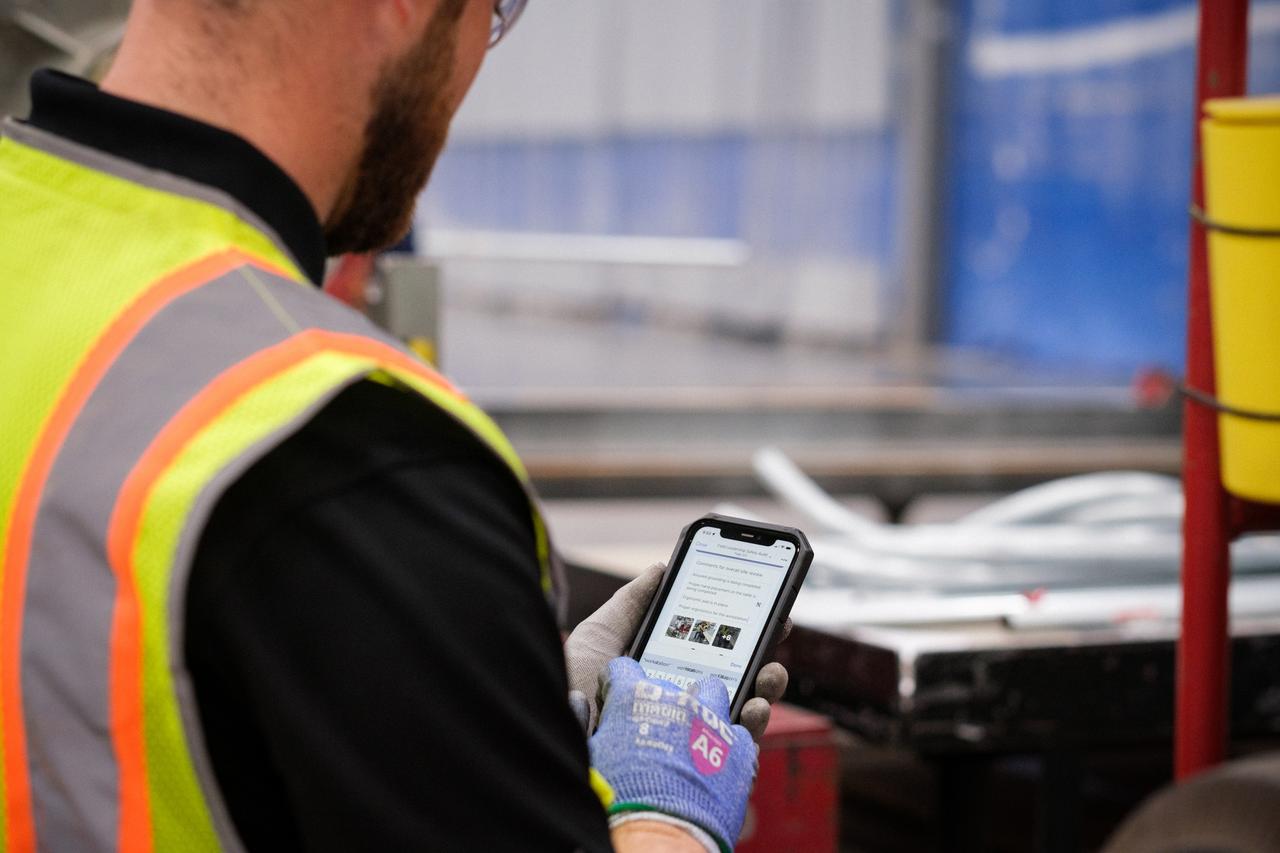Hot weather has been singled out as the biggest disruption in the past 12 months, in a survey of more than 1,200 UK frontline workers. Four of the top five disruptions to the UK’s frontline workforce are weather related, with travel disruption on the roads, icy weather, floods and storms also being identified.
These external factors impact productivity with half (47%) of workers having arrived late and a quarter (27%) having had to leave early at some point in the past year. Worryingly, a quarter of workers polled (28%) said they were unable to leave home due to disruptions at some point last year, meaning they couldn’t do their job at all.
This frequent disruption contributes to the UK’s frontline workforce feeling stretched and stressed. Six out of ten (57%) admit cutting corners at work in a way that may have risked the health and safety of themselves or a colleague. Respondents to SafetyCulture’s survey who cut corners said they did so because they were under pressure to meet deadlines or quotas (59%), understaffed (51%), and poorly equipped (44%).
Another concern for employers is that almost a third of workers (30%) reported feeling physically or mentally unwell as a result of disruption.
The findings come ahead of the World Day for Safety and Health at Work on Sunday 28th April, which is run annually by the UN’s International Labour Organisation.
Alex Brooks-Sykes, SafetyCulture’s lead for UK & Ireland, said: “The British have a reputation for grumbling about the weather, but for frontline workers it can stop a good day’s work and even impact their safety. This workforce disruption is also bad for businesses forced to continually juggle resources, and is another drag on the nation’s productivity.”
SafetyCulture’s survey highlights the plight of people who must physically show up for their job and work outside the comforts of air-conditioned offices. Frontline workers represent 80% of the global workforce, operating in essential industries such as construction, healthcare, hospitality, logistics, manufacturing and retail.
With the Met Office forecasting 2024 will be another record-breaking year for hot temperatures in Britain, SafetyCulture suggests employers can do more to support frontline workers.
Alex added: “Communication is key. Accepting that we can’t change the weather, people managers, with the support of their HR teams, should maintain an open dialogue with frontline workers and ensure reports from the ground are taken seriously. Managers with office comforts can be hundreds of miles from operations on the ground, but the technology exists to react in real-time, minimise disruption and keep workers safe by ensuring they’ve got the right equipment and training to handle every climate. They’re simple principles, but they can make a big impact.”
*SafetyCulture







